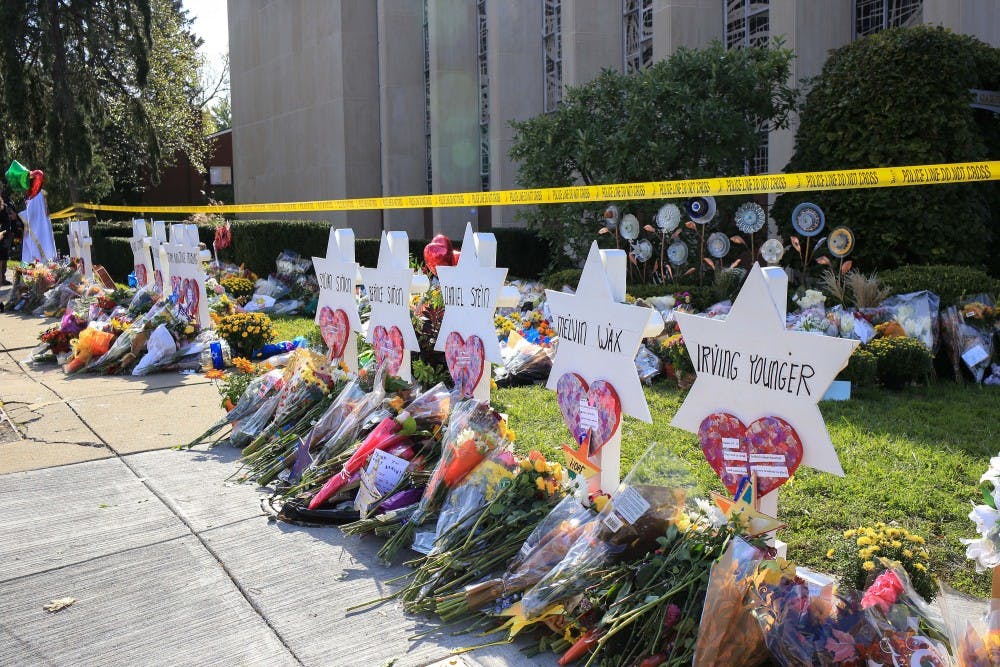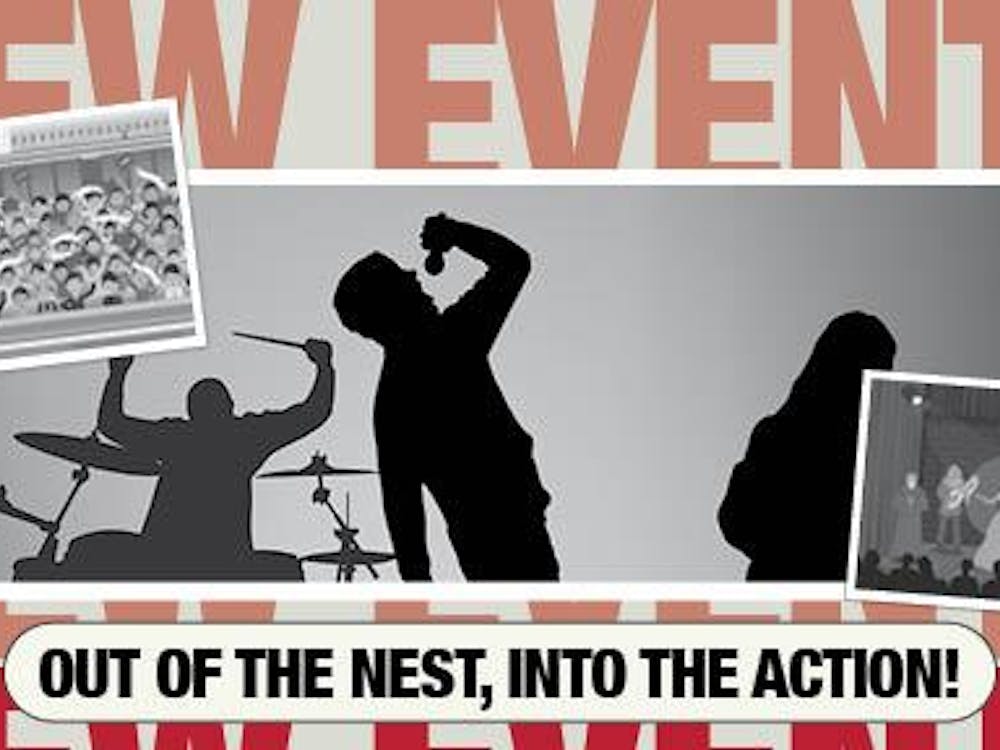
Adam Valdman is a sophomore sports management major and writes “Chai" for The Daily News. His views do not necessarily agree with those of the newspaper. Write to Adam at alvaldman@bsu.edu.
I’m a 19-year-old Jewish American.
For the first time in my life, I fear for the current and future safety of my Jewish friends and family.
And the fear gets new fuel almost daily.
Since the 2016 election, anti-semitic acts in the U.S. have risen by 57 percent, according to the Anti-Defamation League. These include harassment, vandalism, physical assault and even bomb threats. Bomb threats at schools including the David Posnack Jewish Day School in South Florida, where my best friend was a student. That was on February 27, 2017, and for weeks and months after, Jews were scared to attend school because of the bomb threats.
Currently, there are no hate crime laws in Indiana. As a Jew, this is scary because not having hate crime laws welcome the idea that discrimination is something that’s not punishable.
Swastikas have been painted on buildings, like the one painted on the side of a Carmel, Indiana, synagogue in 2018. 11 Jews worshiping in a Pittsburgh synagogue were shot and killed in October. A place all Jews, including myself, consider a safe place — especially in America.
You know it’s bad when your own mother is afraid of you wearing a T-shirt with Hebrew writing on it to a grocery store because, she said, “You don’t know who you’re going to see.” At a grocery store — a grocery store — in a country where you meet people from everywhere, because that’s what the country was designed to be. Yet slowly “different” is beginning to feel unwelcome.
My family tells me that I should be careful about telling people I am Jewish. This is not just a problem affecting Jews, though.
Racial slurs and vulgarities were spray-painted on the walls of the Islamic Society of North America, outside Indianapolis, in 2016. Last week, there was a terrorist attack on two mosques in New Zealand. Those attacks killed more than 40 people.
I stand hand-in-hand with the Muslim community, as they did with the Jewish community last year after the shooting at the synagogue in Pittsburgh.
When Donald Trump won the presidential election, I was worried for the future of this country because of what he represented to his base of supporters; that includes a combination of white nationalists and members of the KKK.
Certainly not every single one of his supporters are part of those groups, but no president should be endorsed by a hate group.
The vulgar, racist language used too often by this president, and his retweeting of white nationalists and the head of the Ku Klux Klan on Twitter, has let those anti-semitic individuals who committed the crime in Pittsburgh to feel that their actions are not in bad conscience, and that they have arguably the most powerful person in the world on their side.
The only time you should ever hear the president of the United States mentioned in the same sentence with the KKK and white nationalists, should be when that president is condemning them for their actions.
I’m scared incidents of anti-semitism aren’t being talked about enough in the news. The flurry of headlines that come after these events get everyone’s attention, and then are replaced by the next thing.
Anti-semitism didn’t just start with the synagogue shooting in Pittsburgh — but it did get a lot of attention then. A more steady stream of coverage on how widespread these events are would help the larger population as a whole better understand the hate many in the Jewish community face across the United States and around the world.
Giving voice to the voiceless is one of the tenets journalists pledge to uphold, so says the Society of Professional Journalists Code of Ethics. An open and civil exchange of views, even views some may find repugnant, is a charge for a responsible press as well, according to that same code.
There’s a greater point to be made; instead of only being asked for a quote about a story when one of these horrific events occur, like I was after the Pittsburg shooting, I’d love to see more pieces overall about the Jewish community, our culture and our history.
There are many things in the Jewish community that is cause for celebration, conversation and an opportunity to learn and share. All I ask for, is for journalists to cover the Jewish community other than just in times of tragedy. The Jewish community has not only had an impact on the past, but they have an impact on today and will continue to have an impact on the future.
We have a voice that deserves to be heard, and we matter.





